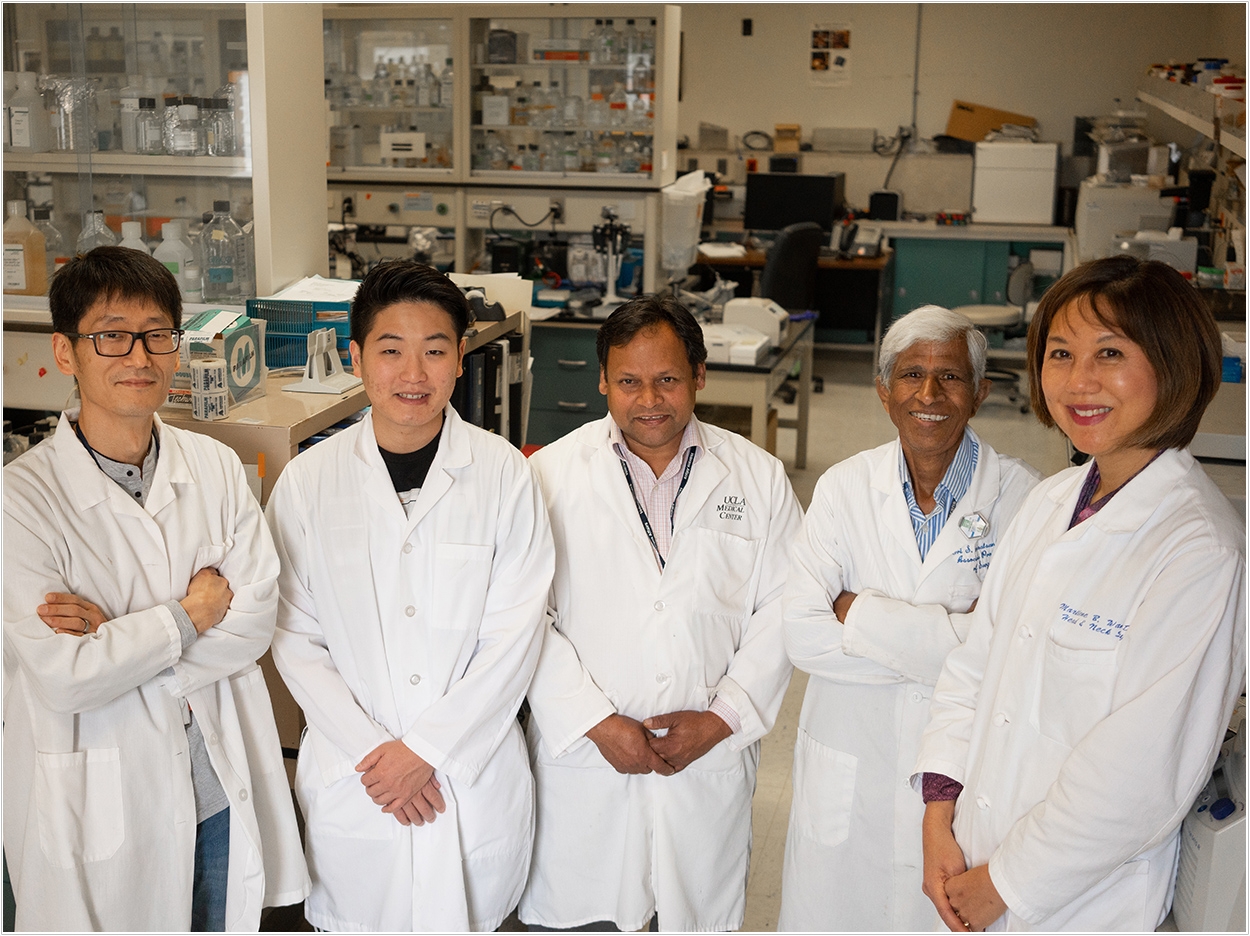
A plant-based drug called APG-157 has shown signs of helping patients fight oral and oropharyngeal cancers, according to a phase I clinical trial led by the University of California at Los Angeles Jonsson Comprehensive Cancer Center.
The botanical drug comprises multiple compounds produced by plants, including curcumin. Treatment with it resulted in high concentrations of curcumin and its byproducts circulating in the blood and absorbed by tumor tissues within three hours after being taken orally.
APG-157 reduced the concentration of cytokines, the proteins involved in inflammation, in the saliva when administered to cancer patients. The therapy also reduced the relative abundance of Bacteroides species, a group of gram-negative bacteria.
Gram-negative refers to a group of dangerous bacteria with an outer layer that hides them from the immune system. The relative abundance of gram-negative bacteria compared to the presence of other types of bacteria is correlated with oral cancer.
APG-157 also resulted in the expression of genes associated with attracting immune system T cells to the tumor area. This therapy could have a beneficial effect when used in combination with immunotherapy drugs that help immune system T cells recognize and kill tumors, the researchers said. Also, the treatment did not have any adverse effects on the patients.
APG-157 was developed under the US Food and Drug Administration’s Botanical Drug Guidance, which includes requirements for production of plant-based therapies marketed as prescription medications.
The drug is made up of botanical compounds including curcumin from the Curcuma longa plant, which is commonly referred to as turmeric and a member of the ginger family. Curcumin is one of the medicinally active or therapeutic molecules tested as a possible treatment to help fight multiple cancers because it is an antioxidant that reduces swelling and inflammation.
However, there is poor absorption into the bloodstream when curcumin is taken orally. In this study, the researchers found that when APG-157 is taken through oral mucosal absorption, patients have high levels of curcumin circulating in their blood and absorbed by cancer tissues.
The study compared 12 people who had oral and oropharyngeal cancer with a control group of 13 people who did not have cancer. People with and without cancer were included to show that the drug was not toxic to either population.
The medication was given each hour for three hours, delivered as a lozenge that slowly dissolved in the mouth. Blood and saliva samples were collected before each of the three hours the medication was administered and 24 hours after the last dose.
Also, the medication was given to 12 people, some with cancer and some without, while a placebo was given to 13 people. Blood and electrocardiogram tests did not show increased toxicity in the people who took the active medication compared to the people who took the placebo, regardless of whether they had cancer or not.
The cancer patients who took APG-157 saw a decrease in Bacteroides and an increase in T cells in the tumor tissue compared to cancer patients who took the placebo. Neither the patients nor the investigators knew whether the drug or a placebo was given when reviewing the blood and saliva test results of the blinded study.
The study, “A Randomized, Phase 1, Placebo-Controlled Trial of APG-157 in Oral Cancer Demonstrates Systemic Absorption and an Inhibitory Effect on Cytokines and Tumor-Associated Microbes,” was published by Cancer.
Related Articles
THC Accelerates Head and Neck Cancer Growth
Single Dose of the HPV Vaccine May Provide Protection Equal to Multiple Doses
Coalition Aims to Eliminate HPV Cancers Via Vaccination












